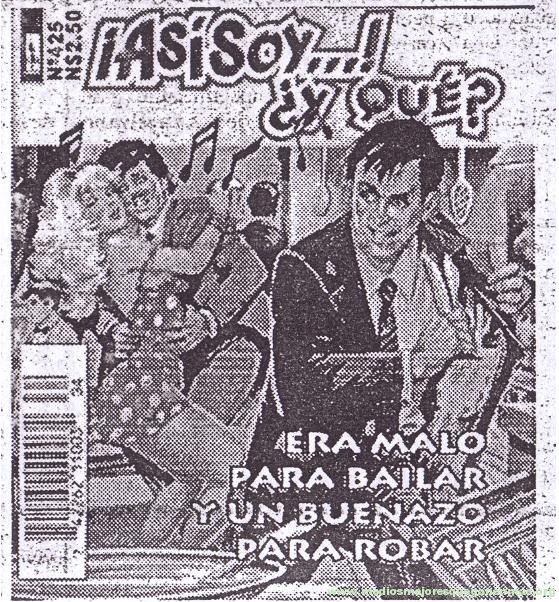THE WAY OUR BRAIN WORKS, AND HUMAN EXPRESSION. Implications for Literature, Media and research
In light of numerous scientific studies, and also as a result of the challenges faced in the area of artificial intelligence, today it is possible to understand and describe in great detail how our brains work.
According to some current ideological trends, we create our image of reality. However, it is not an unreal, intentionally skewed vision imposed from without, but rather one that has been validated and consolidated by our experiences, created by combining an infinite number of schemas, facts and perceptions that together constitute our mental “puzzle” of the world we live in –an image filled with distortions, gaps and flaws, true; but even more so with accurate assessments, since otherwise it would be impossible for us to survive–.
Our brains, furthermore, work in modules, using specific mechanisms, transforming our perceptions into symbols, and in turn into behaviours.
This explains why human languages are the way the are, and why literature builds stories the way it does; as well as why both language and literature really influence us, and we them, with all the advantages and dangers this entails.
The inevitability of both good and bad uses of human expression and their impact on us, explains why we have a specific mental module, innate, having the mission of detecting lies, traps and falsehoods, since they threaten making efficient decisions regarding survival.
Since we have this module, people who lie end up having no credibility, as tends to happen in the media, institutions, civil and cultural authorities, and individuals in a cyclical manner throughout history.
Later in this article we will discuss in greater detail the fascinating characteristics of brain function which are relevant to linguistic and literary studies; and the clear advantages studying Humanities and Neuroscience (non-ideologically speaking) provide for our survival.













